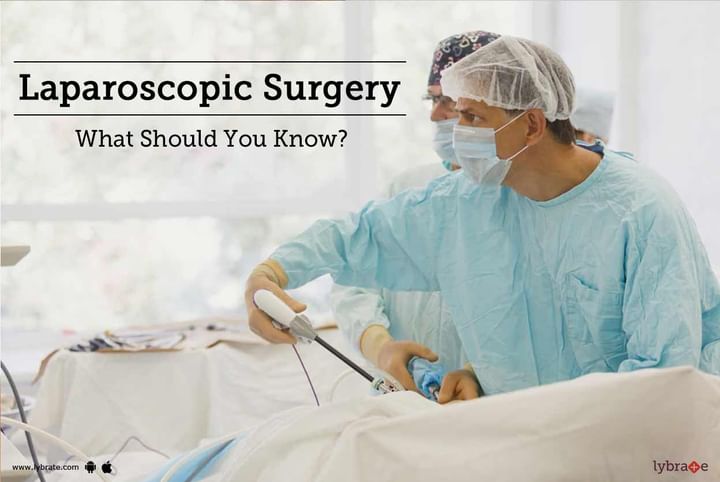Laparoscopic Surgery - What Should You Know?
Laparoscopic Surgery, also known as Keyhole Surgery, is a minimally invasive technique in which operations are performed through small incisions made far from the location. Laparoscopic Surgery has many advantages over traditional open surgery procedures. It is reliable, risk-free and reduces the chances of huge pain and haemorrhaging. Smaller incisions are made while performing this operation which enables a faster recovery.
How is it performed?
Laparoscopic Surgery is performed with the help of an instrument called Laparoscope. It has a thin tube-like structure and is extensively long. The camera at the front of a laparoscope is inserted into the body through a hole that allows doctors to perform surgery by watching real-time video on the TV screen and it is much more convenient than open surgery.
Reasons Behind Performing Laparoscopic Surgery
Abdominal Problems are usually solved by using techniques such as MRI, CT scan, and Ultrasound technology. If these fail to provide enough information, then laparoscopic surgery is performed for a better diagnosis of the condition. It can also be performed in a case when the doctors need a sample of tissue from a part of the abdomen. Laparoscopic surgery is famous and most preferred in Bariatric Surgery and Gallbladder Removal. This minimally invasive technique is widely common for weight loss.
Laparoscopic Surgery is safe and trusted by many surgeons worldwide, and it can be performed on patients who have undergone laparoscopy surgery beforehand as well. The only thing that is needed to be kept in mind is that the keyhole is to be made should be from a different site. Laparoscopic Surgery allows the patient to start having food normally after a couple of days of the surgery. It reduces hospital costs as minimal days are spent in the hospital, and it helps the patient to continue with their normal life early.
The Organs it can be used for -
The laparoscopic surgery can be used for many organs including the appendix as well as the gall bladder, the pelvic region and the reproductive organs, the small and large intestines, the spleen, the stomach, the liver and the pancreas.
Types of Laparoscopic Surgeries -
- Hand-assist laparoscopy: Hand Access Devices are new Laparoscopic devices which help the doctor perform various functions having their hand inside the surgical location. Such hand-assist surgeries are called the hand-assist laparoscopy and are used in surgeries like colon removal and kidney removal.
- Robot-Assisted Surgery: This is the most commonly used laparoscopic technique which surgeons perform in a less invasive way. This computer-based system is known as the Da Vinci system. The surgeon performs this type of surgery with the help of two masters which are similar to joysticks. These masters control the two arm-like instruments which they insert into the body.
Preparing for Laparoscopic Surgery: There are no such preparations that are required to be taken before laparoscopic surgery as your doctor might help you out with everything. If you are taking any prescribed medicine, your doctor must know about it. Before laparoscopic surgery, blood test, urinalysis, ECG, and other required tests might be advised by your doctor. It is best not to eat or drink anything 8 hours before laparoscopy.
Advantages of Laparoscopic Surgeries -
In comparison to traditional, large surgery, laparoscopy is much more comfortable and is less painful as well. The small incision takes less amount of time to heal, therefore the patient is allowed to get back to his/her regular activities much sooner. Patients who go through laparoscopic surgeries spend less time in the hospital and get discharged on the same or the next day as well.
Laparoscopic surgeries help in reducing the risk of bleeding during the surgery as the incision is relatively very small than the ones made during traditional surgery. The amount of blood loss is minimal in such a case and therefore the need for blood transfusion is also decreased, significantly.
Another important factor which can be counted in is that, with the help of laparoscopic surgeries the risk of exposing the internal organs to contamination is also reduced. This allows the chance of post-operative infection risks to diminish as well.



+1.svg)
